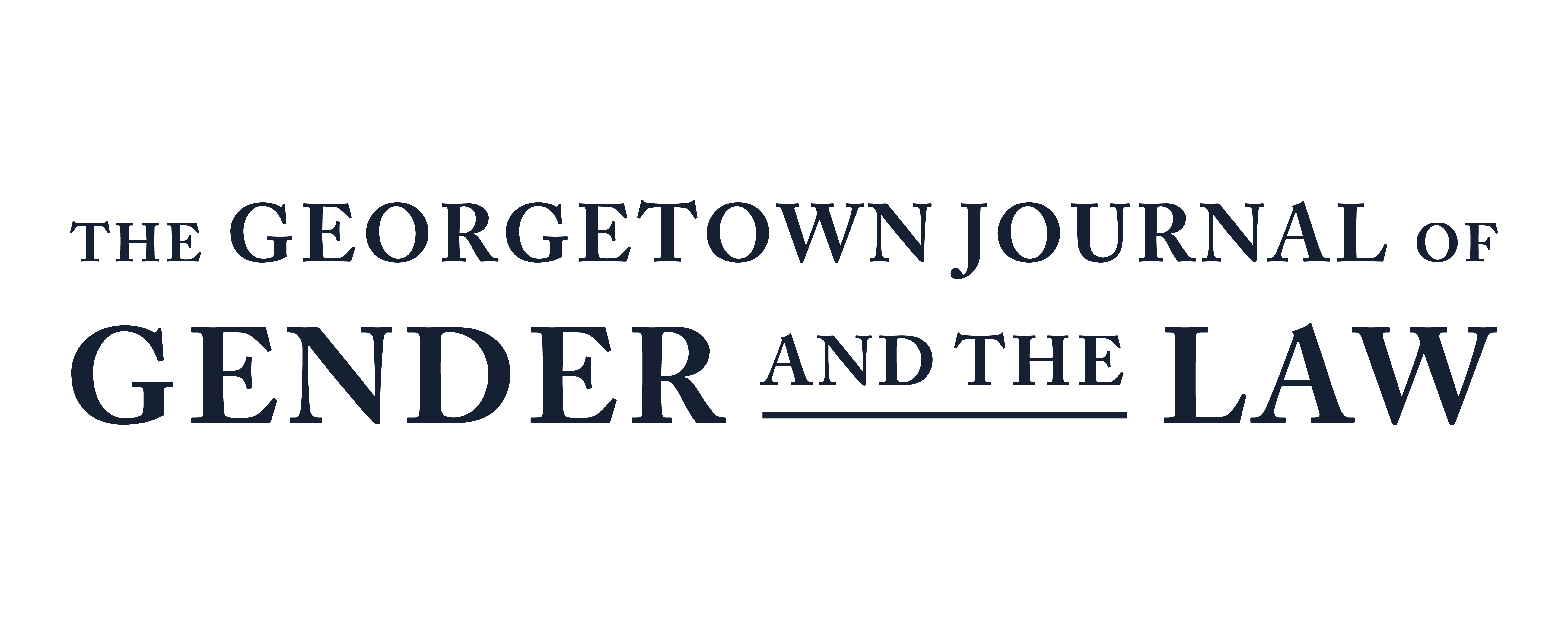Athletics and Title IX
Congress passed Title IX of the 1972 Education Amendments (Title IX or the Act) to end sex-based discrimination in education. Title IX states, “[no] person in the United States shall, on the basis of sex, be excluded from participation in, be denied the benefits of, or be subjected to discrimination under any education program or activity receiving Federal financial assistance . . . .” The Act is most widely known for its application to sports, specifically in expanding opportunities for female athletes, though it also applies in situations involving sexual harassment and employment discrimination. While the Act never explicitly addresses athletics, prior to the passage of the Act, athletics were recognized as a part of the educational process and subject to the Equal Protection Clause of the Fourteenth Amendment.
Title IX has greatly impacted female participation in athletics. The number of female high school athletes increased from less than 300,000 in 1972 to nearly 3.5 million in the 2018–2019 school year, though participation dropped from 2021–2022. At the collegiate level, six times more women compete in athletics now than before the Act was passed. Though no transgender student athlete has brought a Title IX case thus far, scholars have articulated a legal theory by which a transgender student athlete could sue the National Collegiate Athletic Association (NCAA) under a theory of sex-discrimination. While the Biden Administration has largely withdrawn federal guidelines that deemed transgender athletes’ participation in sports a Title IX violation, such discrimination lawsuits may be imminent given the Supreme Court’s decision in Bostock v. Clayton County and the wave of state laws restricting rights for transgender youth proposed and passed from 2020–2022.
This Article describes the framework of Title IX legislation in the context of high school and intercollegiate athletics. First, the Article explores common issues in athletics litigation, including claims regarding increased participation opportunities, competition on teams of the opposite sex, sexual harassment, discrimination against athletics coaches, and private sponsorship and funding of school athletic teams. Next, the Article discusses Jackson v. Birmingham Board of Education, the most recent Supreme Court case concerning Title IX in athletics, as well as the implications of the Court’s decision in Bostock v. Clayton County on how courts will interpret the definition of “sex” in Title IX moving forward. A discussion on the administration and enforcement of Title IX, including the available remedies, limitations to recovery, and alternatives to litigation, follows. Finally, this Article covers how state laws have attempted to ban transgender athletes from competing in sports.
Athletics and Title IX
